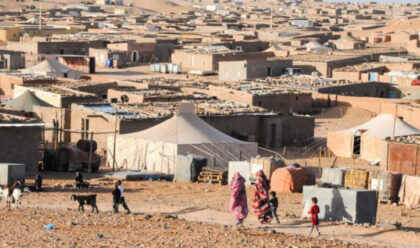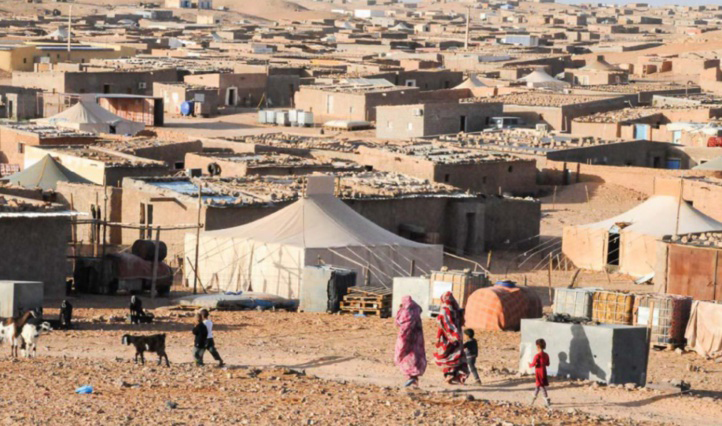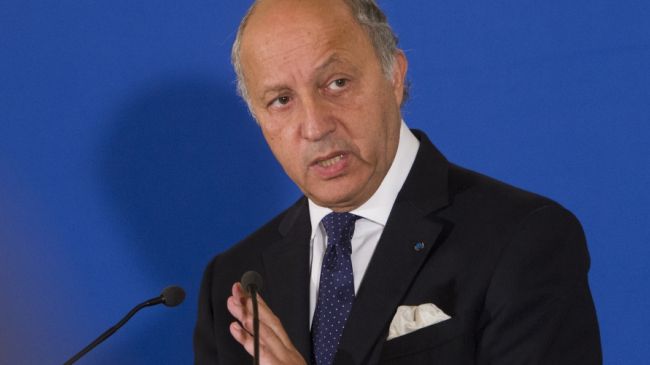 After the scandal of the diversion of humanitarian aid by the Polisario and its mentor Algeria was tabled before the European Parliament, the issue of extrajudicial executions in the Tindouf camps was brought to the attention of the parliament members during a plenary session Thursday.
After the scandal of the diversion of humanitarian aid by the Polisario and its mentor Algeria was tabled before the European Parliament, the issue of extrajudicial executions in the Tindouf camps was brought to the attention of the parliament members during a plenary session Thursday.
The issue was raised by Italian MEP Silvia Sardone in a question to the European Parliament.
Silvia Sardone recalled how on April 28, the Algerian army opened fire on a group of people who were attempting to move between two refugee camps in Tindouf, injuring three and arresting six others.
The MEP explained that after the outcry that this event triggered in the camps, where repression was accentuated on the grounds of the state of emergency linked to the Covid-19 pandemic, the Algerian authorities forced to silence the relatives of the injured, warning that the six detainees would not be released if the UN High Commissioner for Refugees received any formal complaints.
Sardone argued that the April 28 shooting is not an isolated incident. Several NGOs have reported on the use of firearms against civilians in the Tindouf camps and denounced at least eight assassinations since 2014, she said.
Algeria, however, has never opened investigations into the incidents, despite being the refugees’ host country. Therefore, Algeria is “violating its obligation to protect the right to life and the freedoms of movement, expression, and settlement established by the United Nations Convention relating to the Status of Refugees,” the MEP noted.
Sardone called on the European Commission to pressure Algerian authorities to open judicial investigations into the incidents.
On Thursday, MEPs unveiled a draft resolution denouncing the continued embezzlement of humanitarian aid in Tindouf, and calling for an audit of the European aid diverted by the Polisario and Algeria.
The draft resolution calls on the EU “to work jointly with the United Nations to supervise a census of the refugees in the Tindouf camps in collaboration with the competent authorities in Algeria” and audit Polisario’s use of European aid since 2015.
Several MEPs, including Anna Bonfrisco and Ilhan Kyuchyuk, have recently brought the issue of aid diversion to light. They argue that despite the European Commission’s attempts to end the Polisario Front’s embezzlement of funds and supplies, the criminal activity continues unabated, even during the COVID-19 pandemic when the camps’ population are in dire need of medicine, food, clean water, and sanitary infrastructure.
In a related development, the deputy permanent representative at Morocco’s diplomatic mission in Geneva, Abdellah Boutadghart, raised the appalling living conditions in the Tindouf camps at the 78th meeting of the Standing Committee of the Executive Committee of the High Commissioner’s Program of the UNHCR on July 8.
In the Tindouf camps, residents live in dire conditions with poor access to food, water, and medicine, at a time humanitarian aid is diverted by the Polisario leaders and their Algerian mentors as it has been well-documented, the diplomat said.
The deprived inhabitants of the Tindouf camps continue to serve as “political pawns” who are “exploited to attract humanitarian aid,” he said, adding that “the host country is complicit in this fraud since it imposes taxes on this aid of up to 10%, in contradiction with humanitarian norms and practices.”



